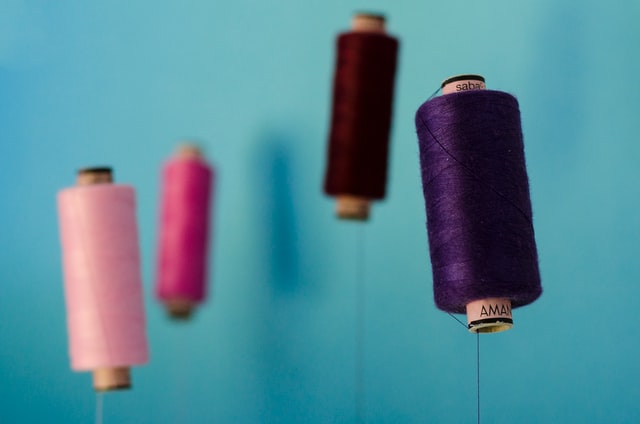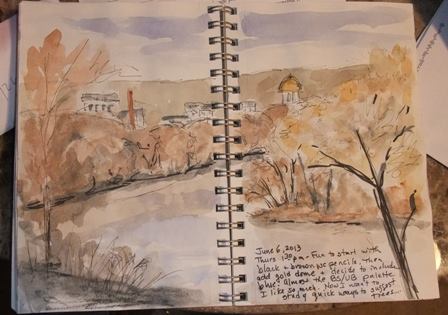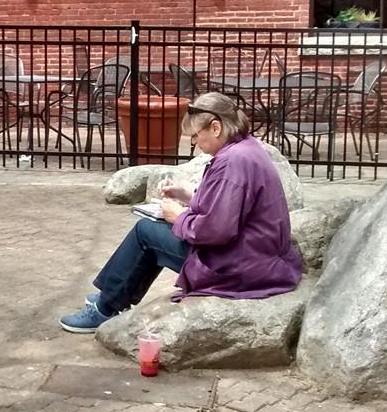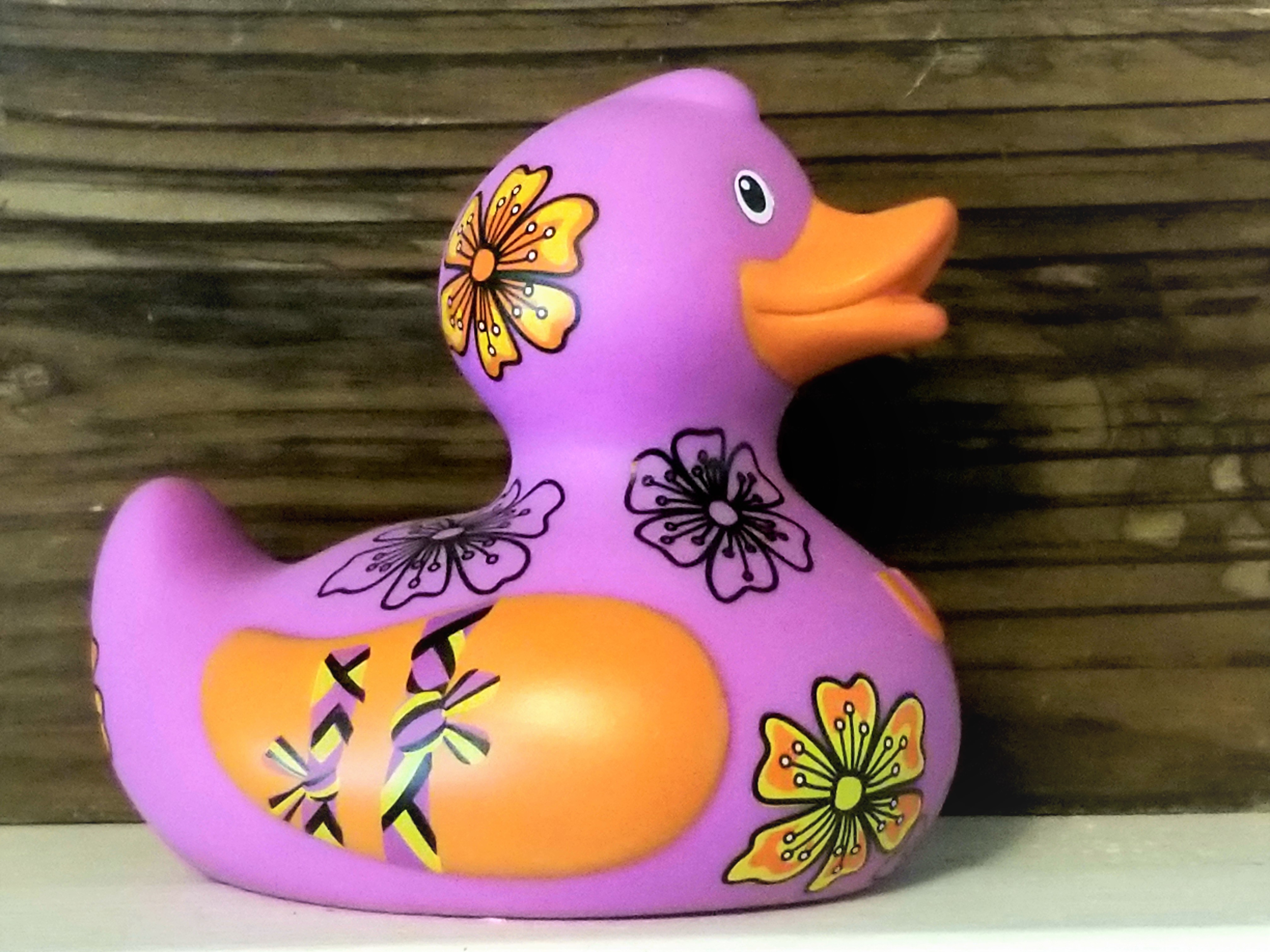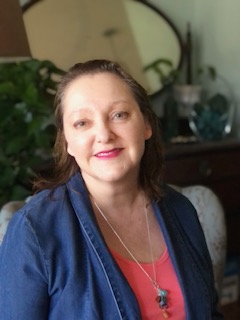A single thread of hope is still a powerful thing.
I had the plan and the means to end my life. I also had the evidence (in my mind) that my life wasn’t worth living, and I could rationalize why everyone would be better off without me. I was 4 years sober from alcohol and struggling desperately with depression, anxiety, and suicidal thoughts. The one person I couldn’t rationalize would be better off without me was my daughter. She is the reason I chose not to end my life that day. She is always my reason to stay if suicidal thoughts ever visit my mind.
I have been a top performer in the workplace for my entire corporate career. I was referred to by my colleagues as a leader, trailblazer, coach, trainer, mentor, and “Quiet Warrior.” Although those should be badges of honor – for me, they were masks of high performance that hid the intense pain and agony of my declining mental health.
I was ashamed to ask for help because I feared being judged, losing my seat at the corporate table, and being stigmatized if I spoke openly.
What I learned is:
- My story is not unique
- Many people live with a mental health condition and are afraid to speak openly about it – especially in the workplace.
- Many leaders are afraid to speak openly about mental health because it requires removing the ‘suit of armor’ they wear daily.
- Many believe that leaders are supposed to be the strong ones and aren’t prone to experiencing mental health challenges. That is the furthest from the truth. Leaders are in high stress positions that require mental clarity, but it doesn’t mean they are immune from experiencing mental health challenges.
- What is unique is that I am willing to be vulnerable by sharing my story to illustrate that we are not alone.
- The most powerful organizations make it possible for employees to remove the mask of fear and shame and speak openly about mental health in the workplace.
On 4/1/2020, I stepped away from my corporate director role, left my entire paycheck on the table, and started Kim LaMontagne, LLC. to provide leaders with solutions for normalizing mental health in the workplace. I created a corporate leadership training called, “The 4 Pillars of Creating and Sustaining a Mentally Healthy Workplace Culture.”
The training is available in three formats: live/onsite, virtually, and on demand and teaches leaders how to recognize the impact of unaddressed mental health in the workplace, decrease stigma, shift to person centered language, create a peer support network, and build a ‘culture of safety’ in the workplace that fosters open dialog about mental health. A culture of safety is one where employees feel safe enough to step forward and ask for help without fear of stigma, judgment, or retribution.
Although my recovery wasn’t easy, I always held on to Hope. Hope is what allowed me to get through the days when I thought I couldn’t make it through. Hope is powerful!
Because of hope, my mission is to share my lived experience and teach leaders how to create a culture in the workplace that empowers individuals to speak openly about mental health.
Lives depend on it.
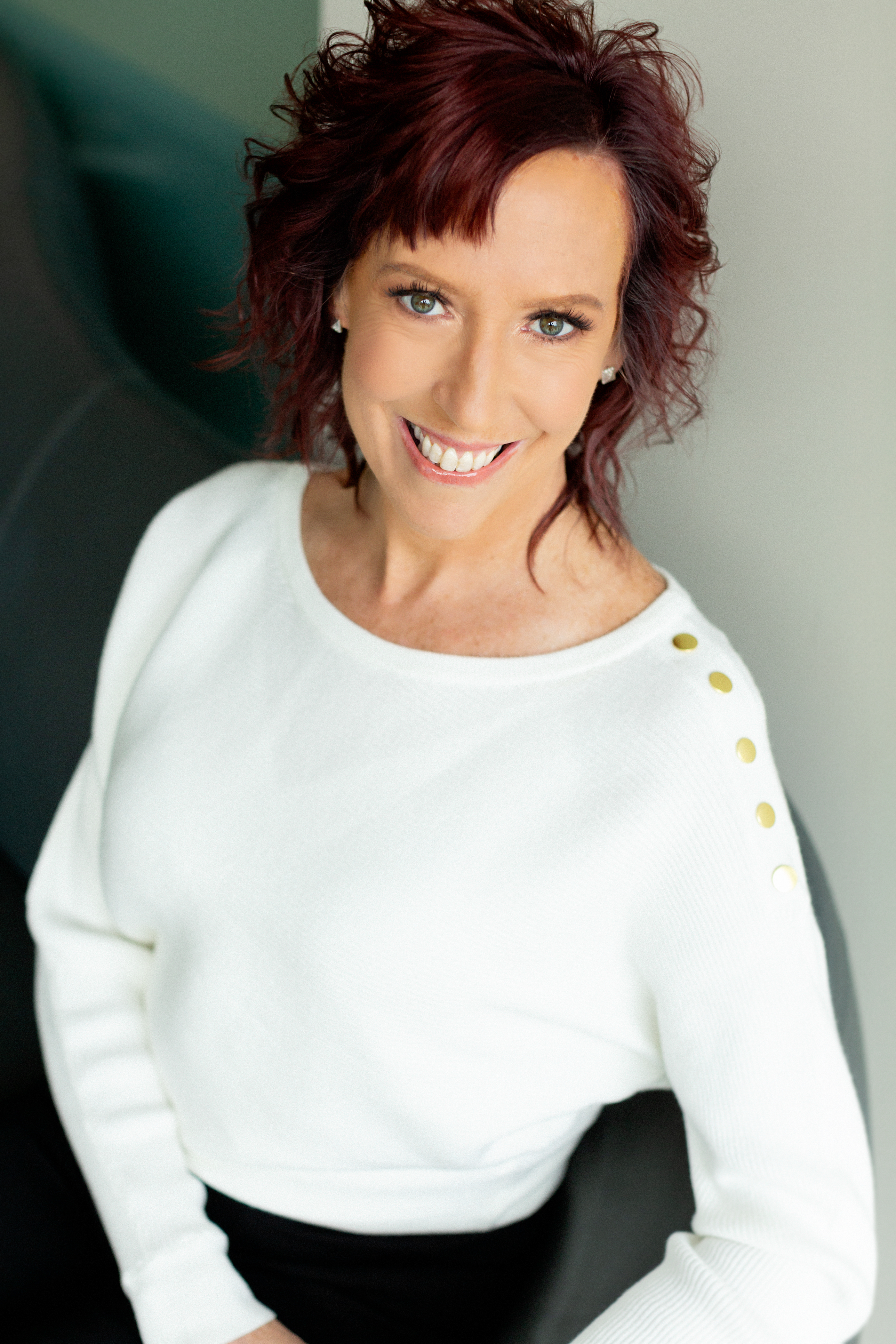
Kim LaMontagne is an International Speaker, Corporate Trainer, and Author. Using her proprietary methodology in The 4 Pillars, she teaches leaders how to build a ‘culture of safety’ in the workplace. A culture of safety is one where employees feel safe enough to step forward and ask for help without fear of stigma, judgment, or retribution.
Find Kim at https://kimlamontagne.net or on social media as follows.
FB: https://www.facebook.com/kimlamontagnementalhealth
IG: https://www.instagram.com/kimlamontagnementalhealth/
LI: https://www.linkedin.com/in/kim-lamontagne-mba-83140329/
Twittter: @KimLamontagne
